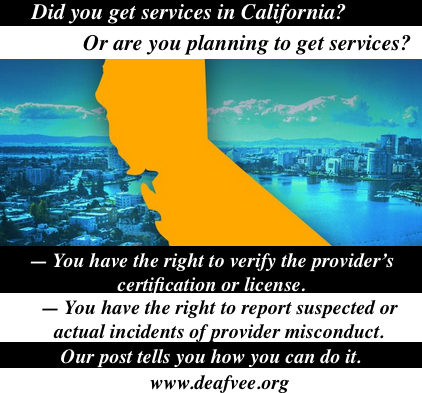In 2006, the Me Too movement was founded by a Black woman named Tarana Burke who is an American activist from the Bronx, New York. She started MeToo to raise awareness of sexual abuse and assault. In 2017, it became a broader movement including a hashtag, #MeToo after Harvey Weinstein’s sexual abuse allegations. The power of standing together and sharing resources to heal is exactly what Burke wants however too many people have used the movement to relive their trauma through story-telling.
There are people out there that are in need of hearing success stories of individuals that have survived what they are currently living through or are just now starting to heal from. Using the #MeToo movement to share your story of trauma is exactly what Burke does NOT want. It was never about airing other peoples’ dirty laundry on the internet. That doesn’t mean it’s wrong. We all do things differently. The key point of this is to do what feels right to you.
You want to write a story?
When writing a story, there are a few key ideas that may help you develop the “how” you want to tell your story. There is no right or wrong answer but there needs to be one thing, the truth.
No matter how much you want to exaggerate the truth, the simple truth often is powerful enough to touch the hearts of others. The message of your story can be as simple as, “I survived, you can too.” Consider something before you start writing. “This is what happened to me” and “This is how he hurt me” may be powerful for you to share but before you start, please ask yourself if that is really what you want to do? To relive what you went through? This can actually be more counterproductive to your healing than helpful. If you become triggered at any time before, during, or after you started sharing this story; don’t feel bad. You are human and your feelings are valid. Remind yourself of that.
People will live vicariously through you and you want that message to be a clear one. What do you want your audience to take from this story and move forward with? Sometimes when people write or tell their story, they are wanting to let their loved ones know what happened to them. Your key audience is the most important audience to consider when developing details you want to share or don’t want to share.
An example – Catrina Register
Catrina Register shared a 20-minute vlog about her experience at Maryland School for the Deaf. In her story, she shared a little bit about her background and then began to talk about how she dated a guy in 7th grade who asked her for a nude picture. Keep in mind, she is 12-13 years old at the time. Register shared that she wanted to be loved. That is what she was looking for, to be accepted and be loved by anybody and this is what she thought would get her what she needed the most. So she did. The next day, the boy shared her photograph with all of the students.
In this example, she shares about what happened, how staff members responded, how she felt, her consideration of suicide. This was a very triggering vlog however it also shares that she decided to live and wanted this vlog to be for those that are considering ending their lives because of being bullied. (Her story is shared in another article, this was intended to be an example not the full scope of the story)
The Platform Used
Register chose to use a vlogging platform but that doesn’t mean you have to. Some people feel safer writing about it, others want to be videotaped telling the story. There are also others that want to be completely anonymous but believe it’s necessary to come out. There are others that work with a counselor to draft their story for only family and friends. Others use art as an outlet such as sculpting, photography, watercolor painting, etc.
There is no right or wrong way to share your story, just do it in the way you want.
Some Questions to Consider
- What parts of the story do you feel are most important to share?
- Were there any early warning signs you feel others need to be aware of?
- Do you want to share the person’s name or do you feel like that is not necessary?
- How did you get away/get out of the situation?
- What barriers do you feel were the most difficult to overcome
- Do you have any advice for those that are going through similar experiences as you?
You did the most important part. You survived and are here today. Your story is not something that must be shared with everybody because it is yours. There are many ways to heal, the choice is yours. If you are looking for counseling resources, there are two counseling centers that specialize in mental health counseling for the Deaf community: National Deaf Therapy and Deaf Counseling Center.






